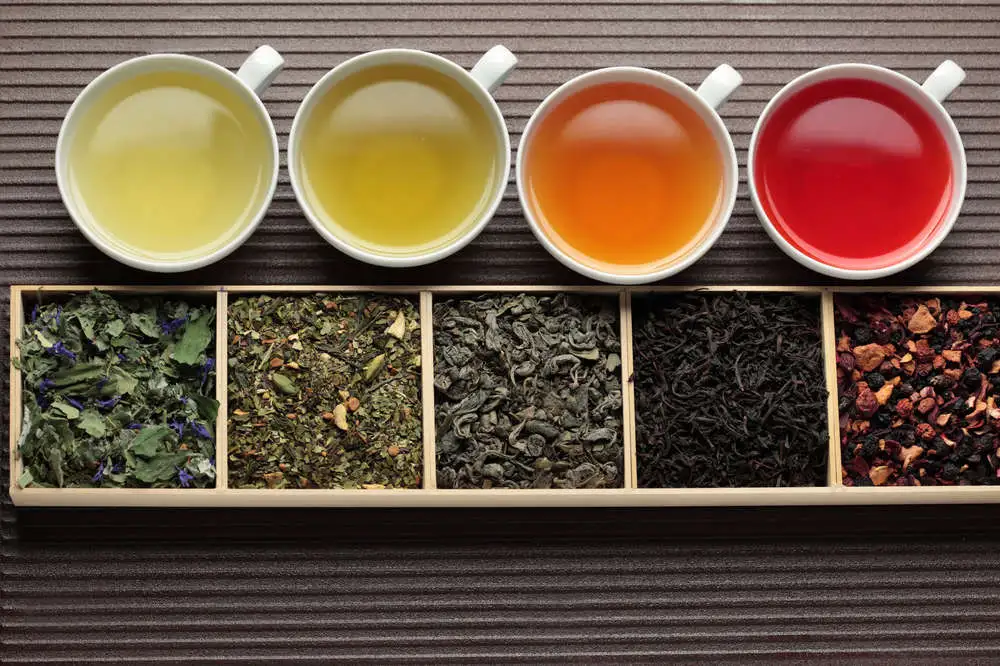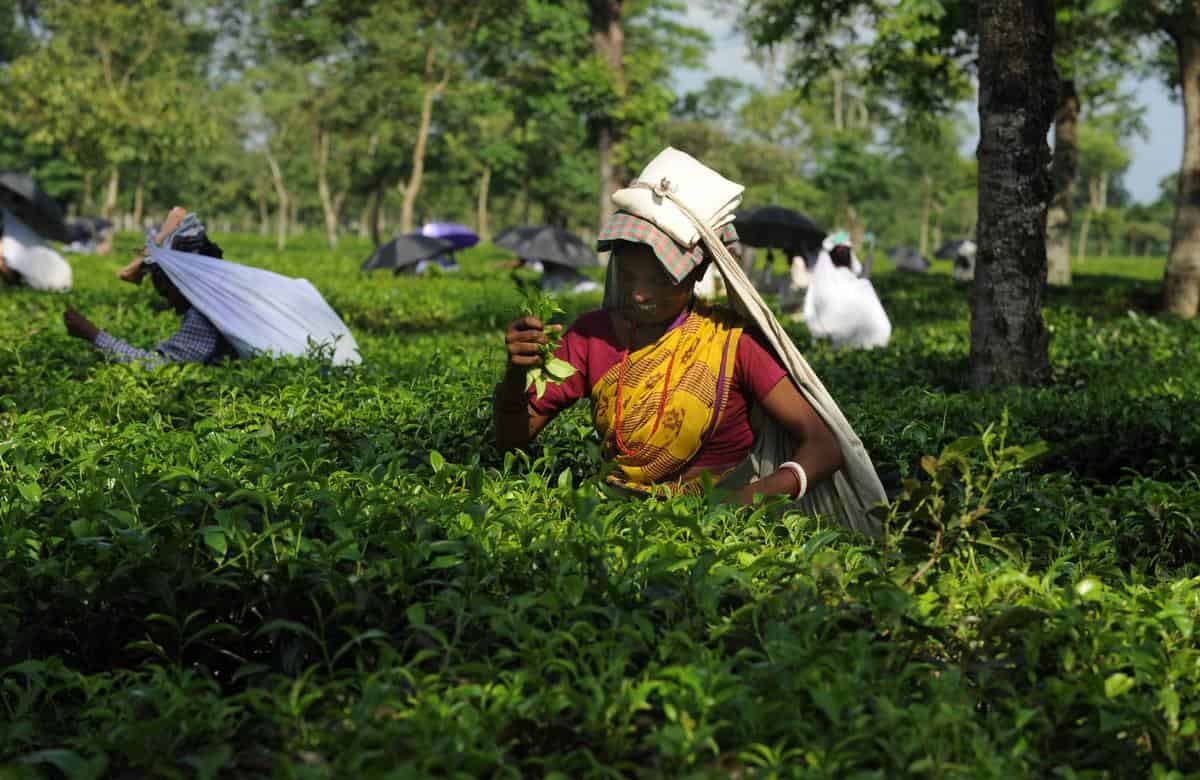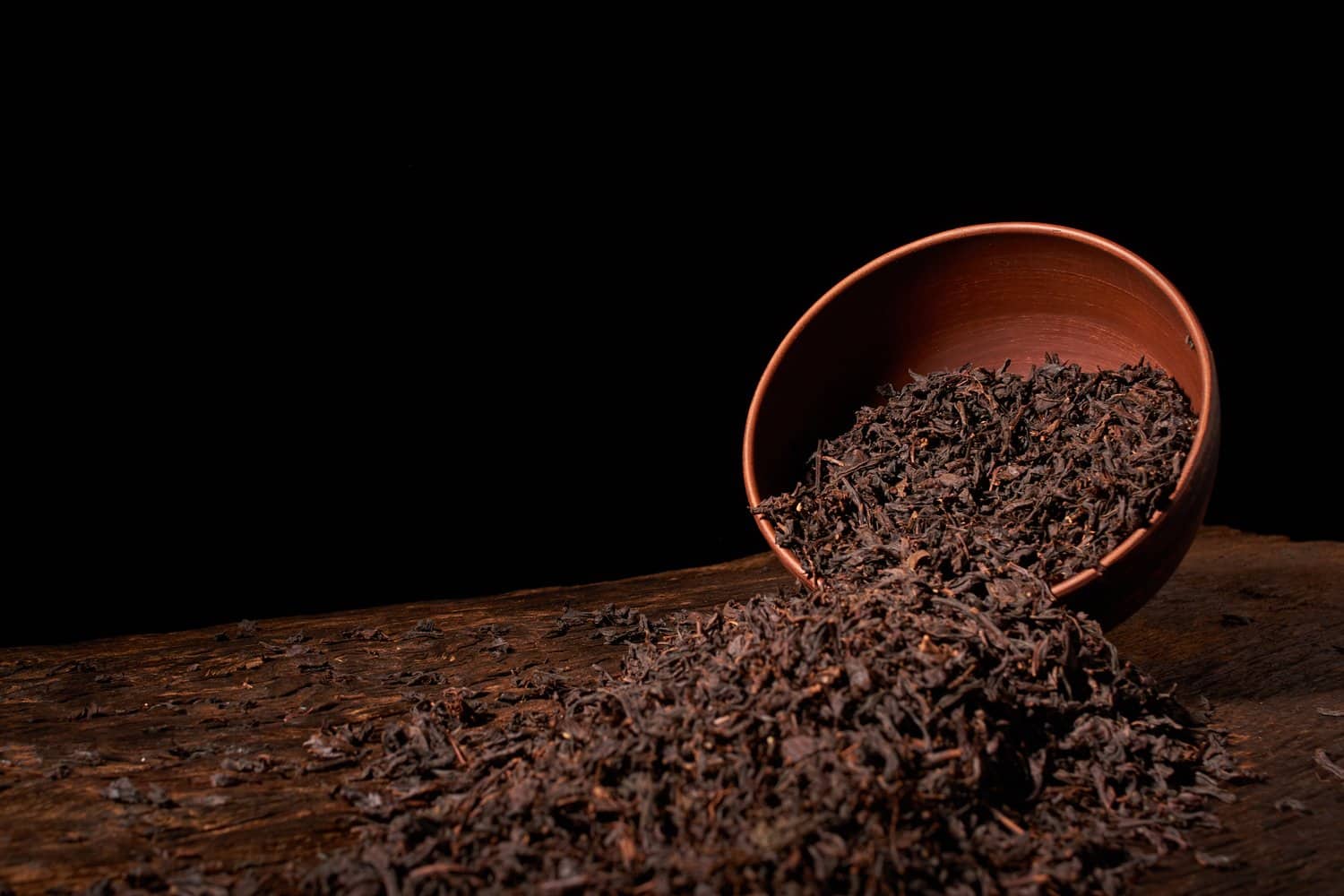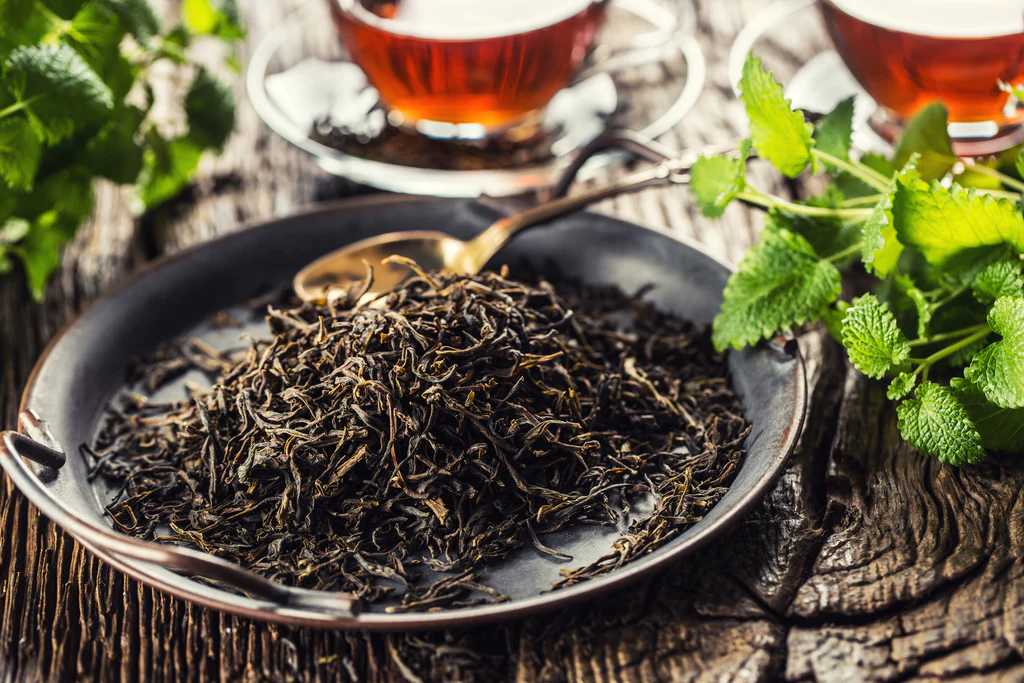Welcome, tea enthusiasts, to a delightful exploration of the Teas of India. From the lush hills of Darjeeling to the vibrant gardens of Assam, India boasts a diverse range of teas that captivate with their distinct flavors and rich history. In this article, we will embark on a journey to discover the origins, unique characteristics, brewing techniques, and cultural significance of the teas that make India a tea lover’s paradise. So, grab a cup of your favorite brew and immerse yourself in the world of Indian teas!
A Glimpse into the History of Indian Teas:
Indian teas have a deep-rooted history that spans centuries. Let’s delve into some key highlights of their origins:
🌱 Ancient Beginnings: Tea cultivation in India dates back thousands of years, with records suggesting its consumption during ancient times. However, it was during the British colonial era that tea production significantly expanded and gained global recognition.
🌿 Assam and the Birth of Indian Black Tea: The northeastern state of Assam holds a special place in the history of Indian teas. It was here, in the early 19th century, that the discovery of indigenous tea plants led to the birth of Indian black tea production. Assam tea’s robust flavor and distinctive malty notes soon gained popularity worldwide.
🍃 Darjeeling and the Champagne of Teas: The picturesque Darjeeling region, nestled in the foothills of the Himalayas, is renowned for producing the “Champagne of Teas.” With its unique terroir and high elevation, Darjeeling teas offer exquisite floral aromas, delicate flavors, and a muscatel character that sets them apart.
⭐ Cultural Significance: Tea in India is not just a beverage but an integral part of the country’s cultural fabric. From traditional tea ceremonies to chai wallahs brewing aromatic cups of masala chai on bustling streets, tea plays a significant role in social interactions and daily life.
Brewing Indian Teas: Techniques and Traditions:
Brewing Indian teas requires finesse to unlock their full potential. Here are some essential tips to create the perfect cup:
🌡 Water Temperature: Indian black teas, such as Assam and Nilgiri, typically require boiling water, around 212°F (100°C). Darjeeling teas, on the other hand, thrive with water temperatures around 195°F to 205°F (90°C to 96°C).
⏳ Steeping Time: For black teas, steeping times range from 3 to 5 minutes, depending on the desired strength. Darjeeling teas benefit from shorter steeping times of 2 to 3 minutes to preserve their delicate flavors.
🍶 Teaware: Opt for a sturdy ceramic teapot or a traditional clay teapot called a “chahai” for Indian black teas. For Darjeeling teas, a glass teapot or gaiwan allows you to appreciate the tea’s vibrant color and intricate leaf patterns.
🌿 Milk and Sugar: Indian teas, especially Assam and masala chai, are often enjoyed with milk and sweeteners. Adjust the amount of milk and sugar according to personal preference, allowing the flavors to harmonize.
🌸 Tea Gardens and Flavor Profiles: Indian teas offer a diverse range of flavors, each representing the unique terroir of its region. Here’s a glimpse into some notable Indian teas and their flavor profiles:
🍂 Assam: Bold, robust, malty, with hints of cocoa and dried fruit.
🌺 Darjeeling: Floral, muscatel, light, with a hint of astringency and fruity undertones.
🍃 Nilgiri: Smooth, medium-bodied, brisk, with floral and citrus notes.
Comparison of Indian Teas:
| Assam Tea | Darjeeling Tea | Nilgiri Tea | |
|---|---|---|---|
| Flavor | Bold, robust | Floral, muscatel | Smooth, citrus |
| Oxidation | Fully oxidized | Partially oxidized | Fully oxidized |
| Terroir | Assam region | Darjeeling region | Nilgiri region |
| Best Consumed | With milk and sugar | Plain or with a touch of milk | Plain or with a touch of milk |
Health Benefits of Indian Teas:
Beyond their captivating flavors, Indian teas offer a plethora of health benefits:
🌿 Antioxidant Powerhouse: Indian teas, particularly green teas, are rich in antioxidants that help protect the body against free radicals and promote overall well-being.
⚡️ Boosts Energy: Indian black teas contain caffeine, which can provide a natural energy boost and enhance mental alertness.
💪 Promotes Digestive Health: The unique compounds in Indian teas, such as catechins and polyphenols, may aid digestion and promote a healthy gut.
FAQs about Indian Teas:
Q1: Are all Indian teas caffeinated?
A1: While many Indian teas contain caffeine, there are also decaffeinated options available, such as decaf Assam and Darjeeling teas.
Q2: Can Indian teas be enjoyed without milk and sugar?
A2: Absolutely! Indian teas, especially Darjeeling teas, can be appreciated without any additions to savor their delicate flavors and subtle nuances.
Conclusion:
The Teas of India weave a tapestry of flavors and cultural significance that is truly enchanting. From the robustness of Assam to the elegance of Darjeeling, each cup offers a unique experience that celebrates India’s rich tea heritage. So, embrace the warmth of a steaming cup and let the Teas of India transport you to a land of exquisite flavors and timeless traditions.
Fun Fact:
Did you know that India is the second-largest producer of tea in the world, with tea estates spreading across picturesque landscapes and employing millions of people?
Originally posted 2023-06-12 16:42:45.




